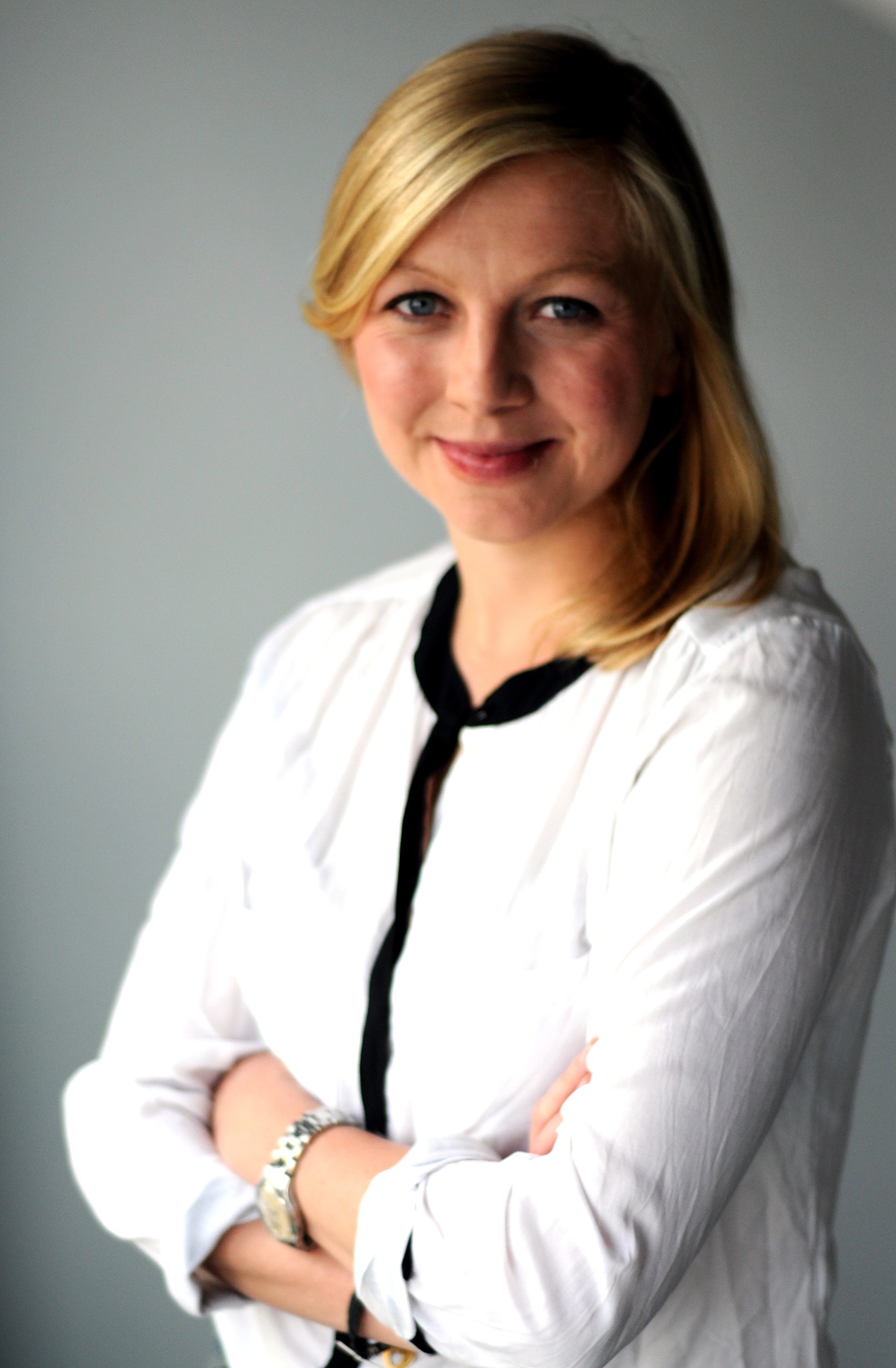FUTURE LEADERS / VOLUNTEERS
|
Karolina CHLEBOSZ Karolina Chlebosz is PhD candidate specializing in Sport Psychology at the University School of Physical Education in Poznan, Poland. She received her master’s degree in physical education from University School of Physical Education and master’s degree in psychology from Adam Mickiewicz University. She is the member of European Network of Young Specialist in Sport Psychology and Polish Association of Psychologists. Her interests lie in integrated approaches in the fields of psychology, physical activity, sports, exercise science and health to promote active living and extend knowledge about mental impact in the sport performance. Karolina is also applied sport psychologists. She educates teachers, coaches and collaborates with schools to empower children to become creators. She tries to motivate children and teachers/ coaches to improve their quality of life by sharing and practicing health strategies with others. Karolina collaborates with publishing houses, magazines and portals writing about psychology, sports psychology and mental training. She is also the current ambassador in Kathrine Switzer organization which enlisting women who find solace, strength and freedom in running. Her mission is to bring the love of movement to others. She completed in numerous of half-marathons, marathons, ultramarathons and triathlons. Motivation and Optimal Experience Among Marathon Runners Motivation and Optimal Experience Among Marathon Runners Flow is a psychological state in which mind and body collaborate to create optimal performance. Flow represents the ultimate form of motivation in regards to internalization and intrinsic motivation. Motivation is related to sport participation. Therefore, marathon runners’ motivation should be examined. Primary purposes were to gaining insight into the experience of flow and examine motivational differences among marathon runners. The polish version of the Sport Motivation Scale (SMS) based on the self-determination theory (Deci & Ryan, 1985) and Flow Questionnaire (FKS) based on the Mihaly Csikszentmihalyi (1988) Optimal Experience theory were used. Participants in the study were 66 athletes from Poland. Investigated man (45) and women (23) varied in age from 19 to 76, M= 47,5. Moreover athletes were asked open (qualitative) questions to recall an optimal experience during their sport participation, their sport goals, reason motivating each goal and to provide background demographic information including age, gender, education level, and sporting involvement. Differences were tested with regression and correlation analysis. The results show that running has unique facilitators of flow. The results recovered two main higher order themes consistent with Csikszentmihalyi (1988): time transformation (M=15,19 SD=2,40), challenge vs. skill and feedback (M=16,47, SD=5,68). Results indicated that situational self-determined forms of motivation were positively related to flow F (1,63) = 13,08; p<0,01. It is important to highlight the role of motivation, which significantly affects the sports undertaken. Self-determined forms of motivation were positively related to flow, which means that each running competitor has a chance to experience flow. In different sport disciplines results indicates that various forms of motivation influence flow effect. Among marathon runners flow effect depends on intrinsic motivation – stimulation, self- development and knowledge. If athletes enjoy the process of running, it will be a chance to achieve optimal experience. |

